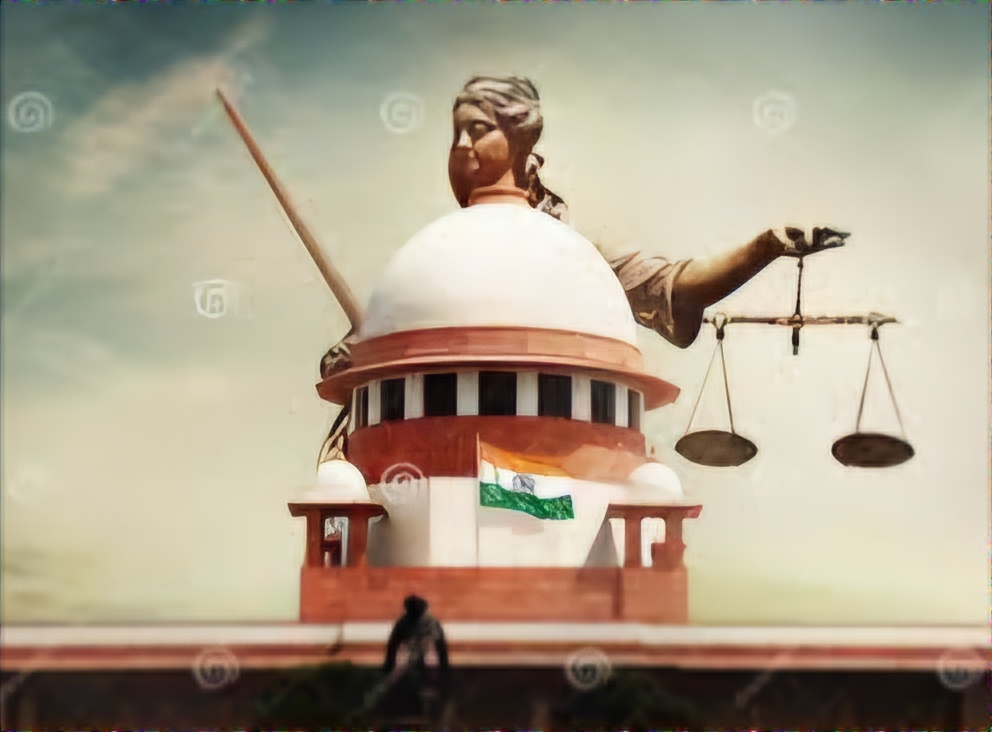


The decision for additional inquiry in an 11-year-old murder case was dismissed by the Supreme Court of India in a recent ruling. This is a crucial development in the ongoing legal battle over the death of Kumar, who was allegedly hacked to death in 2013. Even though the trial was almost over, the Madurai Bench of the Madras High Court ordered additional investigation into the case, which led to its appeal to the highest court.
The request, recorded by K. Vadivel, one of the charged, challenged the High Court's choice to arrange encourage examination based on a appeal recorded by Shanthi, the deceased's spouse. The initial complaint affirmed that Kumar was murdered by a gather of men, counting Vadivel, amid an early morning assault whereas Kumar was on a walk. In any case, as the trial advanced, key witnesses either turned threatening or fizzled to prove the charges.
In 2020, fair as the trial was nearing completion and last contentions were being displayed, Shanthi recorded an application beneath Segment 311 of the Criminal Method Code (CrPC), looking for to summon unused witnesses and present encourage prove. The trial court and the Tall Court rejected the application. In any case, she afterward recorded another request beneath Segment 173(8) CrPC, asking advance examination, which the Tall Court permitted in 2021.
The Supreme Court, after hearing the appeal, emphasized that the High Court’s decision lacked legal justification. Justice K.V. Viswanathan, delivering the judgment, remarked, “Further investigation cannot be permitted to conduct a fishing and roving inquiry when the prosecution has already concluded its case and the defense has presented its arguments.” The Court noted that the delay in seeking further investigation—seven years after the charge sheet was filed—was unjustifiable and would only prolong the trial.
The Court further pointed out that the new evidence Shanthi sought to introduce had already been dismissed in her previous petition, and she had failed to raise these issues during her initial testimony in court. The Court held that reopening the investigation at this late stage would cause undue delay and prejudice to the accused, who had already endured lengthy legal proceedings.
The Supreme Court directed the trial court to conclude the case within eight weeks and barred the additional charge sheet from being considered.
This judgment underscores the Court's commitment to ensuring speedy justice and preventing unnecessary delays in long-pending cases, especially when procedural attempts are made to reopen settled matters.
Click Here to: Download/View Related File
TAGS: Supreme Court further investigation Section 173(8) CrPC murder case Madras High Court speedy justice trial proceedings fishing inquiry K. Vadivel.